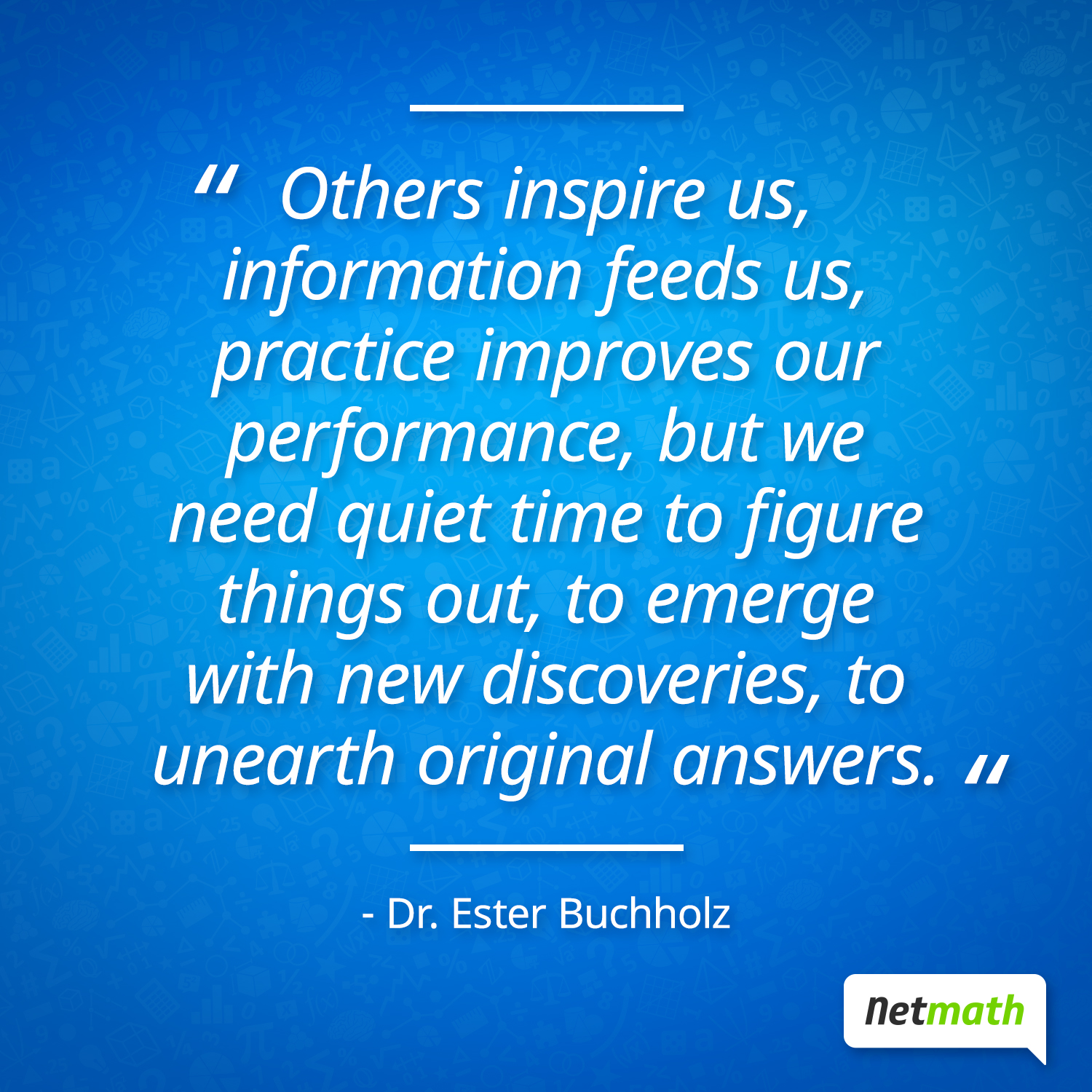The movement of time is consistent in our lives. As goes in the old Rolling Stones song, “Time Waits For No One”.
But, how we spend our time varies immensely. The holidays can often become too frenetic, and we overstretch ourselves in doing too much, which leads to a both physical and mental exhaustion during this supposedly slower time.
The idea of time, the quality of it, the need to slow down is not just a concern for our physical health, but our creative health as well. Pondering and reflecting can only be done with others, if we have first given the gift of time to ourselves.

Earlier this month, our company held its annual Holiday party at the office in Montreal. I came up with my family, not only to spend quality time in this lovely city, but to present a “Lunch and Learn” on the day of our party that centered around the idea of…time.

My inspiration for time came from the subject that we all love and share–mathematics. And, it seemed the festive time of the holidays would perhaps allow for deeper and happier reflections as to what does it mean to slow down and not get bogged down in things like performance, checklists, and multitasking. Surprising to most, I used mathematics to illustrate how time gets dwarfed by the creativity and ingenuity often required to solve seemingly simple problems.
Case in point was an idea I presented to my colleagues regarding The Collatz Sequence. This is a sequence generated by picking a random, positive integer and then applying the following rules to it:
Divide it by 2 if it is even, or multiply it by 3 and add 1, if it is odd. So, for example, the number 5 generates the following sequence of numbers.
5, 16, 8, 4, 2, 1
It turns out that all numbers apparently have a cycle that eventually ends back at 1. What is so fascinating about this 88-year-old problem created by Lothar Collatz is not that nobody has proven that this happens for all numbers. No, many things are currently unproven in math. What is remarkable is that it is believed by some in the math community that the mathematics required to tackle this problem isn’t even available!
Even the element of ample time is not enough to solve mathematical mysteries some time. So, it behooves us as educators to give more space and time to our students when they encounter math problems. Thinking mathematically requires not only logic, but patience, persistence, and creativity. These skills are not learned and honed if time is not seen as the most valuable and precious commodity.
The great benefit of slowing down is reclaiming the time and tranquility to make meaningful connections–with people, with culture, with work, with nature, with our own bodies and minds. — Carl Honore —
This holiday season, we hope that yours is filled with warmth and plenty of good cheer. But, beyond all that, is that you spend time with family and friends and celebrate every moment of laughter and conversation. And, that you do it by finding your inner turtle…

